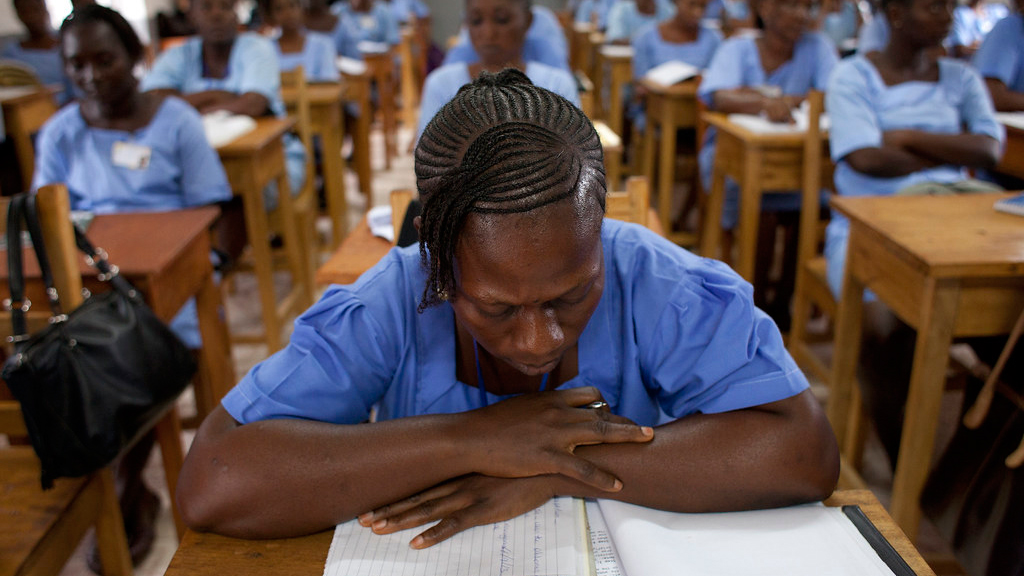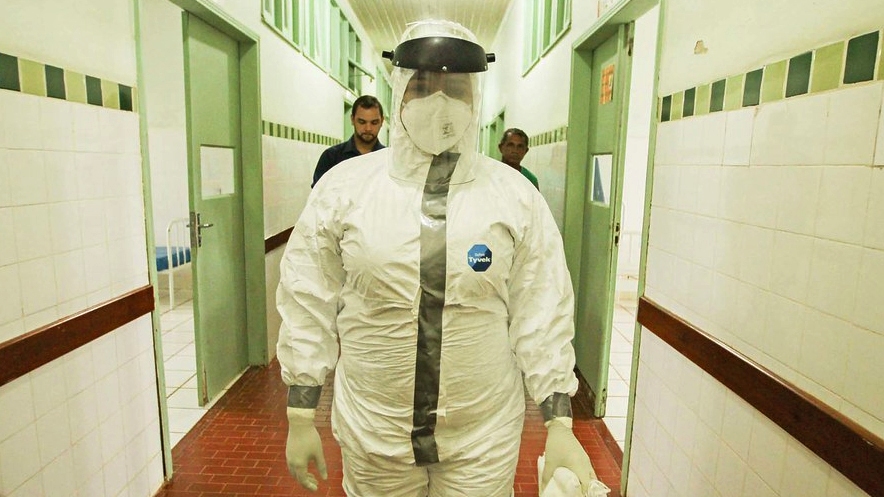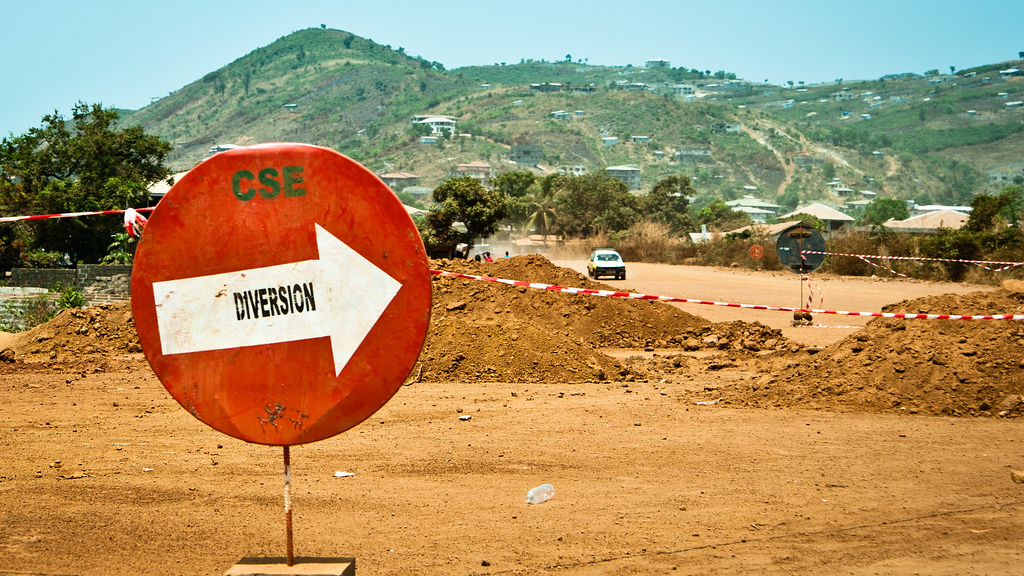Education in Sierra Leone suffers from under-funding, often meaning a lack of sufficient space and equipment to support the needs of its teachers. Michael Sevalie, lecturer at Fourah Bay College, draws on personal experience to explain the current challenges and the contrast with the College’s past.
This post is part of Njala Writes, a blog series resulting from a writing workshop hosted at Njala University, Sierra Leone in June 2019, in collaboration with the LSE Firoz Lalji Centre for Africa.
Walking into the lecture room, I see students standing crammed by the wall, others scrambling at the door trying to enter, while others are already sitting by the steps. Carefully trying to make my way inside, without stepping on anyone, everywhere is chaos. Students are fighting for seats, others argue loudly for space around the steps, and the whole room is filled with noise. On the one hand this shows us the students’ determination to acquire knowledge. But it also shows us simply the lack of space to accommodate them!
Fourah Bay College was established on 18 February 1827 and was quickly referred to as the citadel of learning, the Athens of West Africa, the centre of academic excellence, the beacon of light of education in Africa, and the pride of Sierra Leone. This was Fourah Bay College in the 20th century: a well-structured university with limited student numbers that could be properly catered for. Yes, we were very proud of our Fourah Bay College, so much, in fact, that the mere mention of its name and its students was enough to instil awe and make people bow.
Over the years, however, the situation changed. Now, students scrambling for chairs and tables and lecturers clamouring for available lecture halls have become the norm. This is partly due to the increase in the student population over time, which was not matched equally by the available space and resources. The situation has remained this way throughout the last decade. This mismatch in the ratio between student numbers to resources has created tensions between students and lecturers, and frictions between lecturers and the university administration.
As a lecturer with personal experience, I come across many challenges in the lecture room and one of them is an overcrowded lecture theatre, which makes managing the workload difficult. I also feel that my voice is not being heard as there is no assistance or support provided to deal with these extra challenges. Students are easily distracted, there is chatting in the back, and people move in and out of the room – often as a result of discomfort from standing for prolonged periods. Challenges like poor ventilation lead to extreme heat and sometimes an unpleasant smell. Students can’t move around and they are often uncomfortable, very restless and unfocussed. My inability to assist weak learners in such a setting, as well as my increased workload from marking and instructional problems, is also a concern.
I have always tried to manage the overcrowded lecture room by providing positive behavioural support and verbal reinforcement, as opposed to shouting and losing my nerves. Still, changes are needed!
We require additional lecture rooms that can accommodate large classes of up to six hundred students with modern facilities like public address systems (such as microphones) and fans for ventilation. The university administration should accept only those numbers of students that the college can actually cater for. This will help in making the environment more conducive to learning and friendly. Special incentives should be allocated for lecturers who are faced with overcrowded lecture classes. I also highly recommend the use of projectors, as this would help students sitting far back to engage with and focus on the lecture being delivered.
Photo: H6 Partners, Flickr





